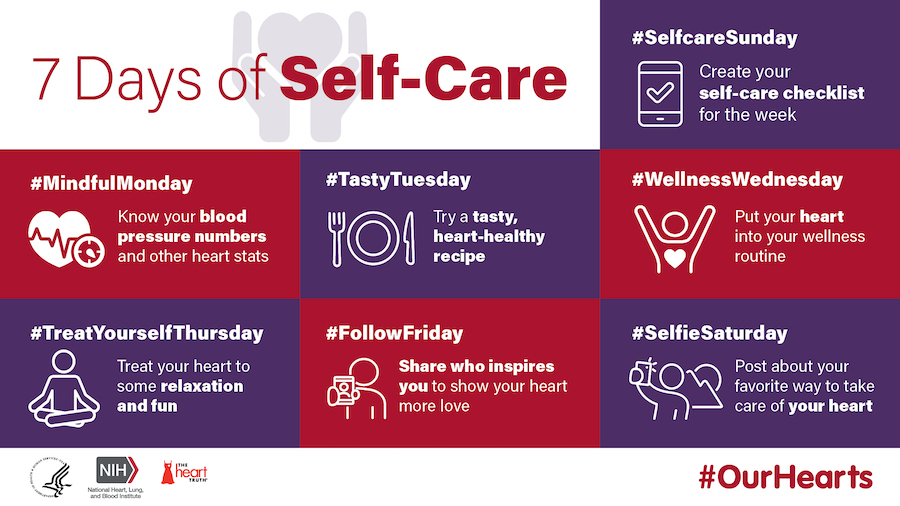Next Time You Burn Your Mouth On Pizza…

SOMETIMES YOU JUST CAN’T RESIST! It’s SO cheesy and saucy—right out of the oven! You dive in and take your first bite…
Uh oh! Too soon! You’ve got “pizza burn!”
Pizza Isn’t The Only Culprit
You’ve probably burned your mouth before on coffee, soup, and other scorching hot foods. Soon after, you may have noticed that the roof of your mouth, and perhaps your tongue, is very tender. In some cases, you may even have blisters! Unfortunately, your mouth will probably hurt for a few days. However, there are a few things you can do to relieve the pain and irritation.
How To Soothe Your Mouth And Help It Heal
- Applying or sucking on ice can relieve the stinging. Gargling cold water or eating ice cream are other options.
- Drinking milk can coat the scorched area.
- An over-the-counter pain reliever can help, if the pain is really distracting.
- Avoid acidic, crunchy, and other hot foods, or even very salty and spicy dressings. This will stop the burn from getting irritated further.
- Squeezing Vitamin E from a capsule over the wound can speed up healing. It will regenerate new tissue and heal the wound.
- Maintain good oral hygiene while your mouth is burnt, keeping it as clean as possible to promote healing and prevent further infection. Warm saline rinses can also be helpful.
- Resist touching the burned area. This may be difficult, but by touching the affected area, the lesion may become irritated further.
If It’s Not Feeling Better In A Few Days, Call Us
Pizza-type burns tend to heal within three to seven days. If soreness and blistering continue beyond a week, please contact us! In the meantime, have fun enjoying that delicious, cheesy pizza—that is, once it’s cool!


